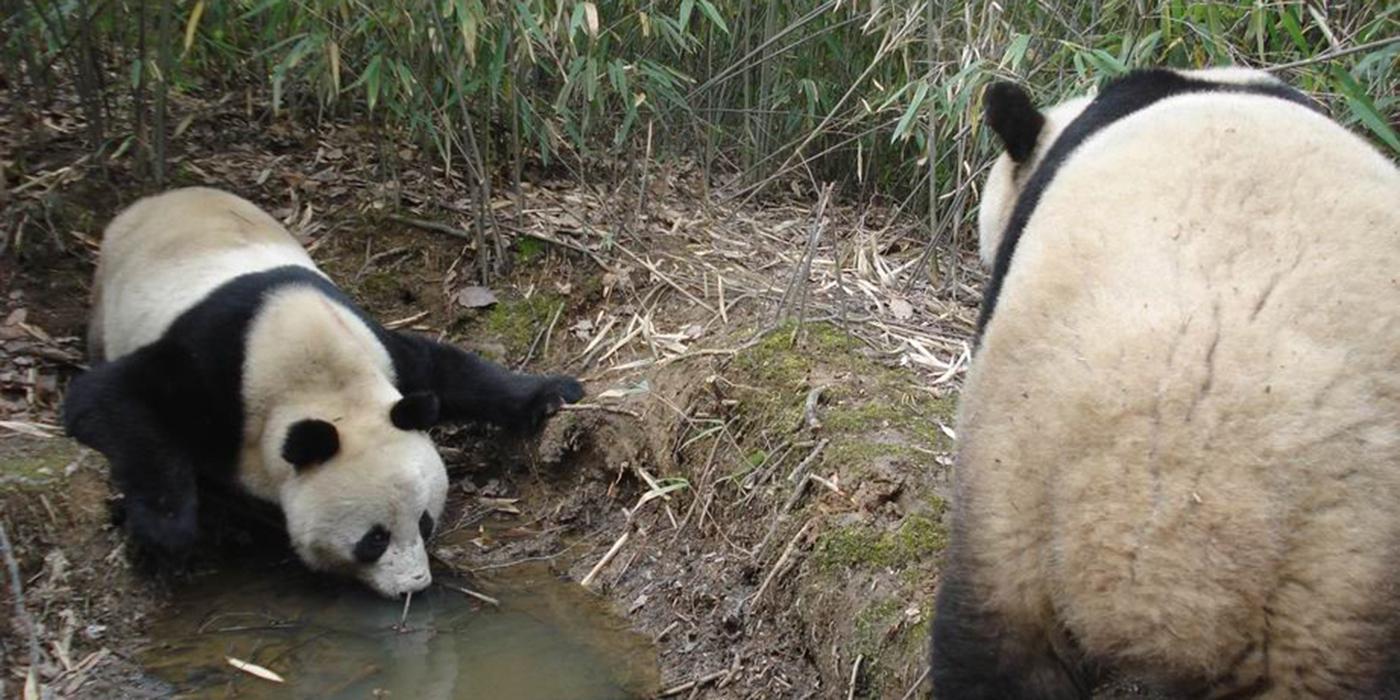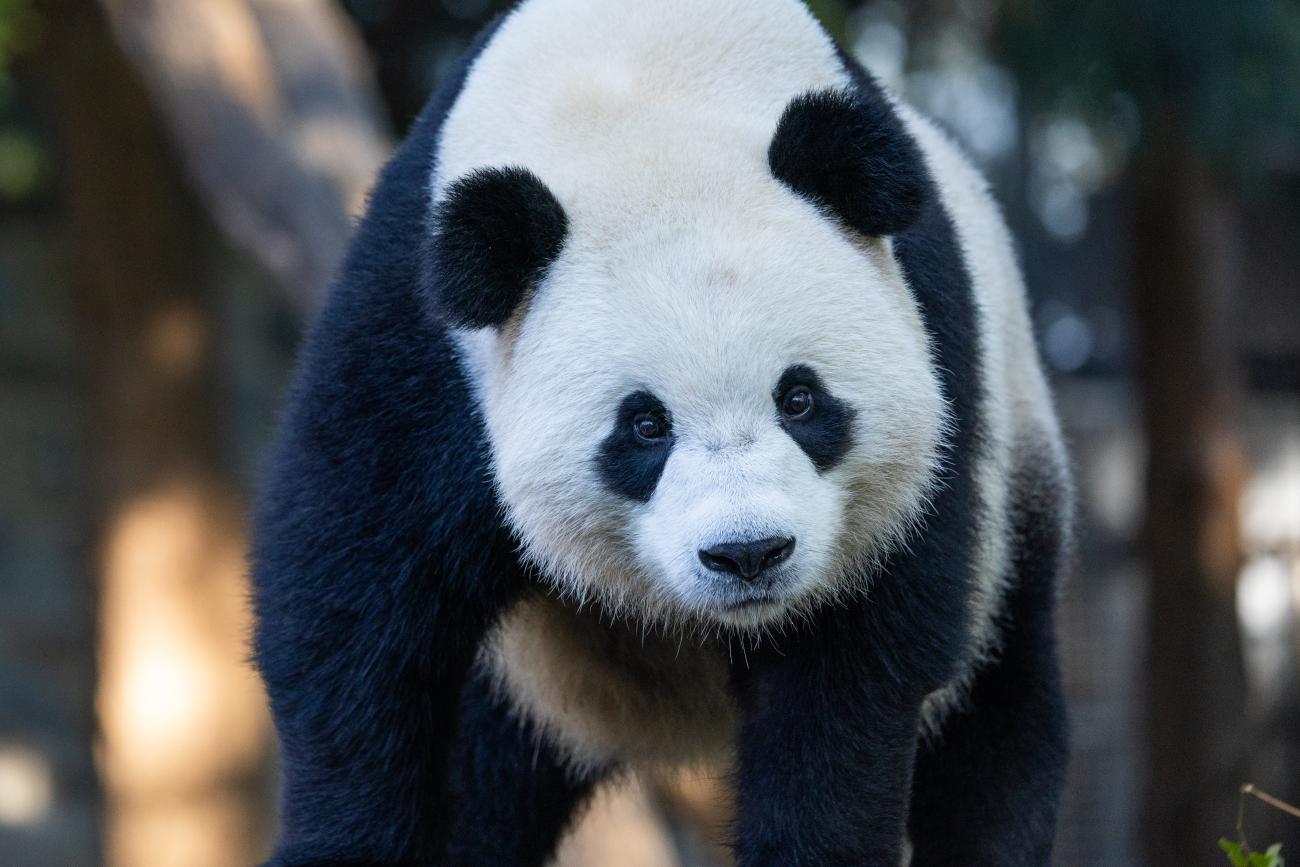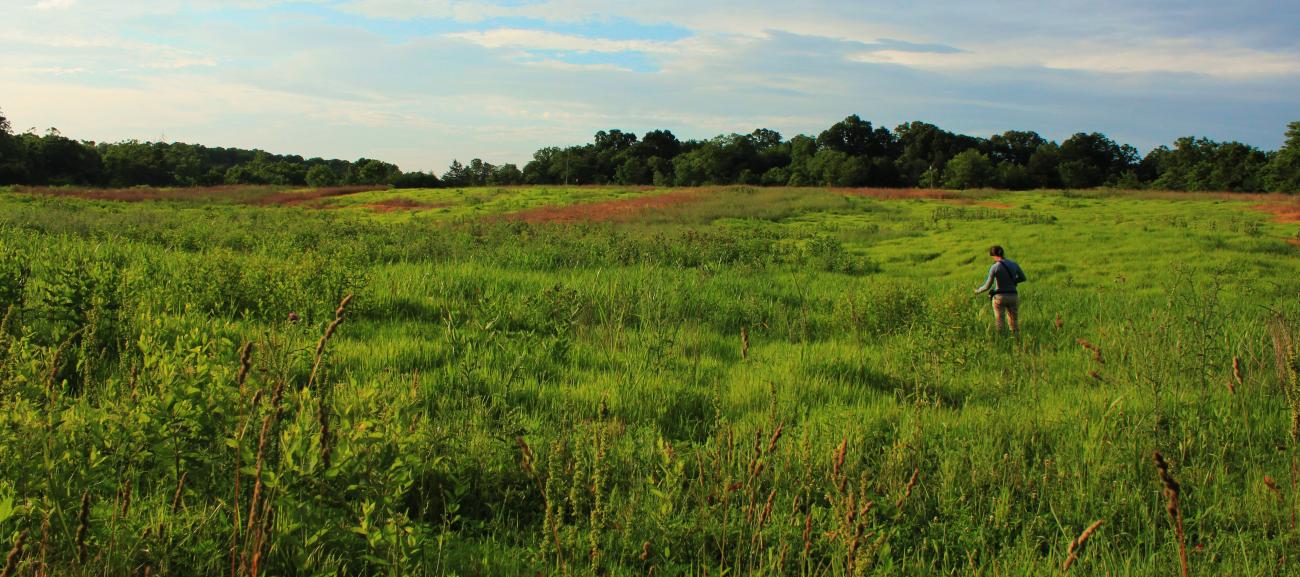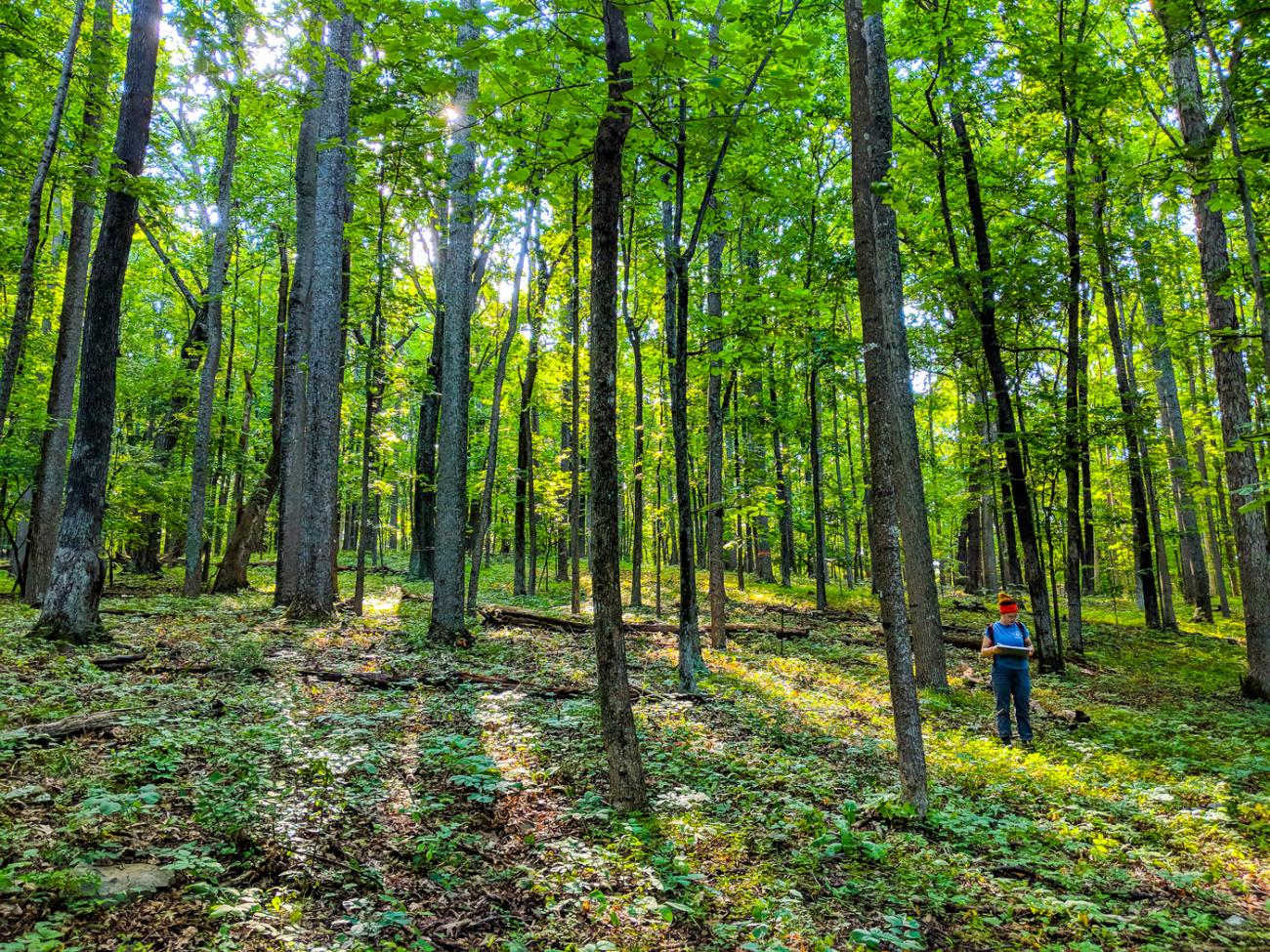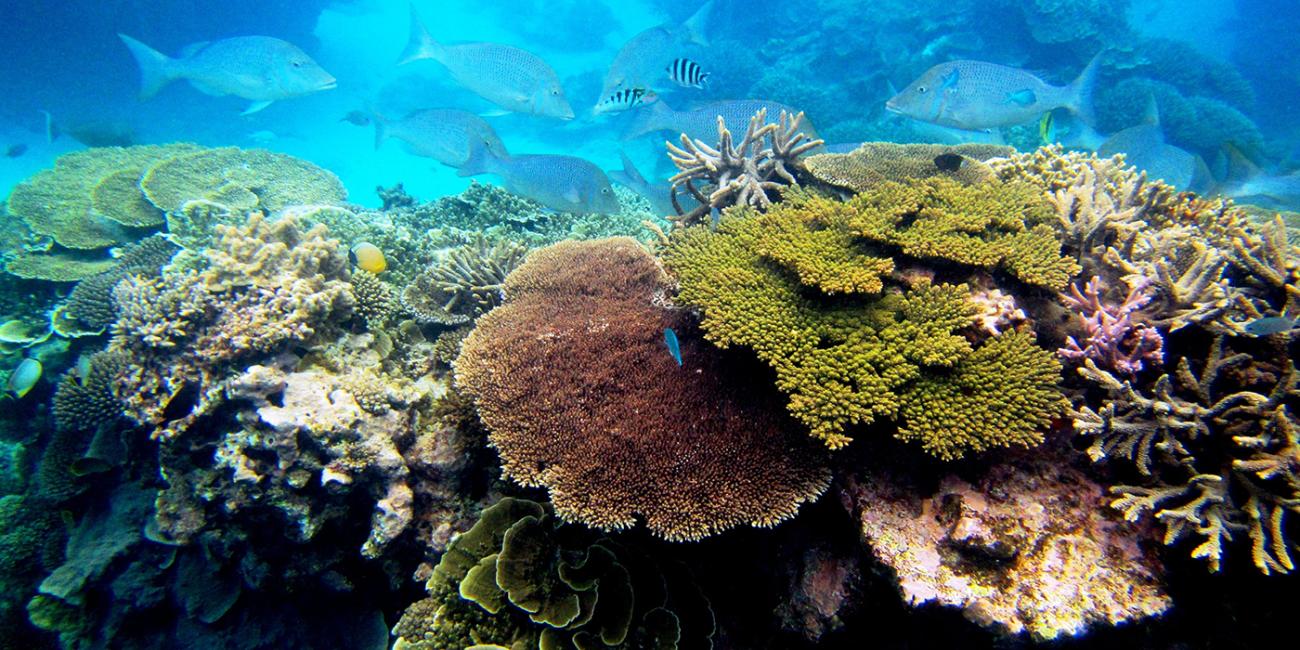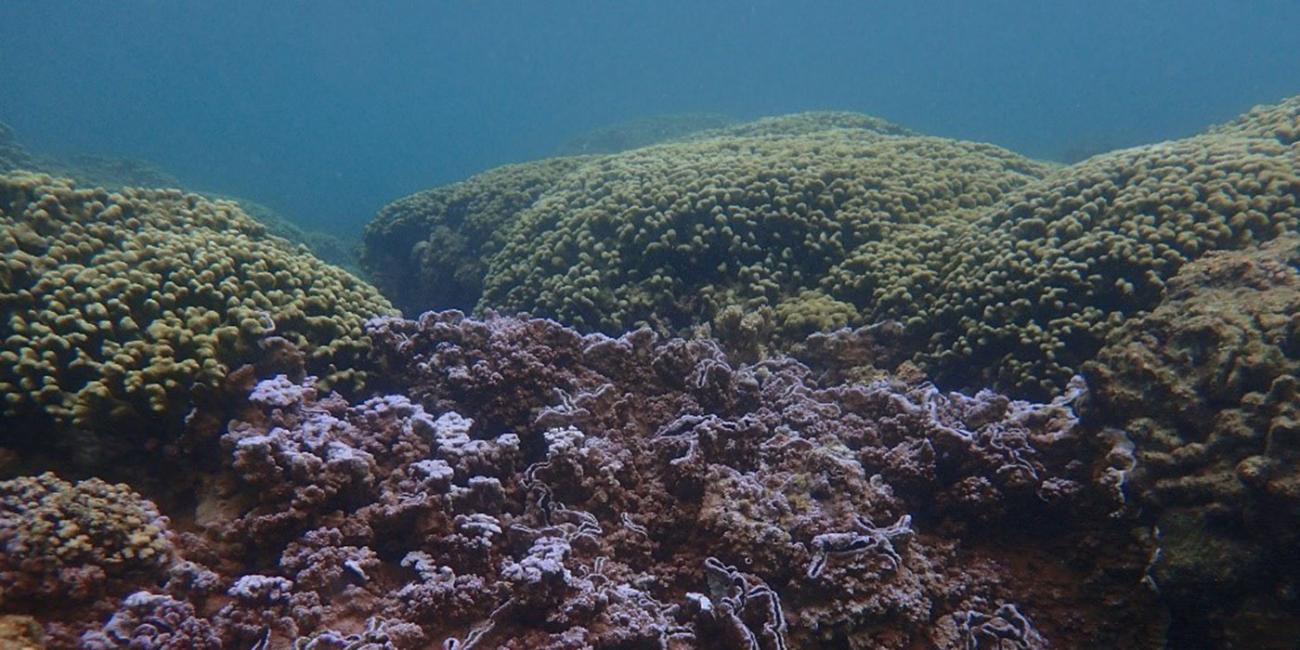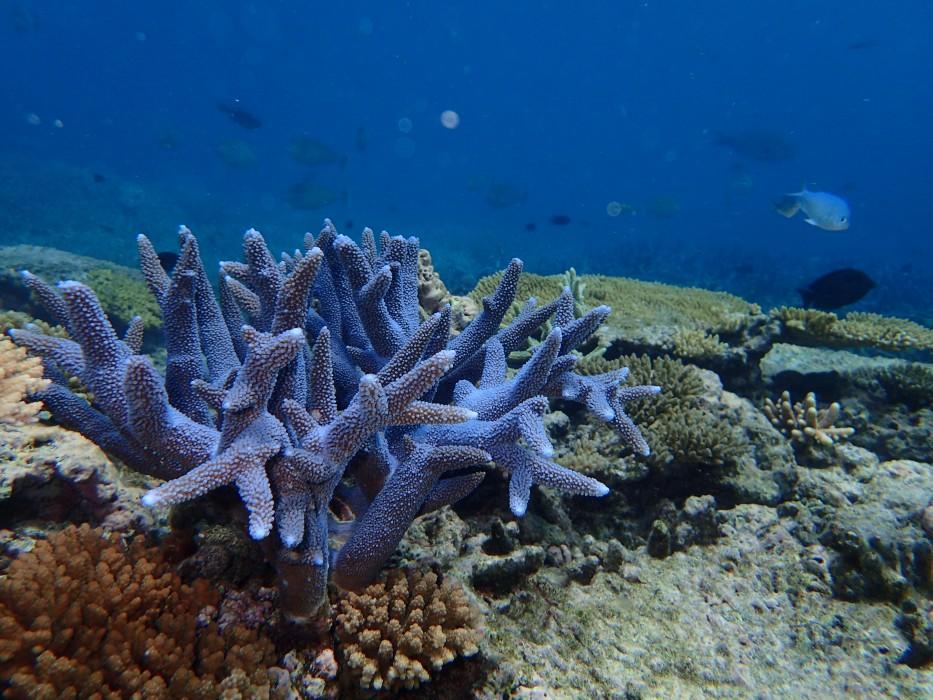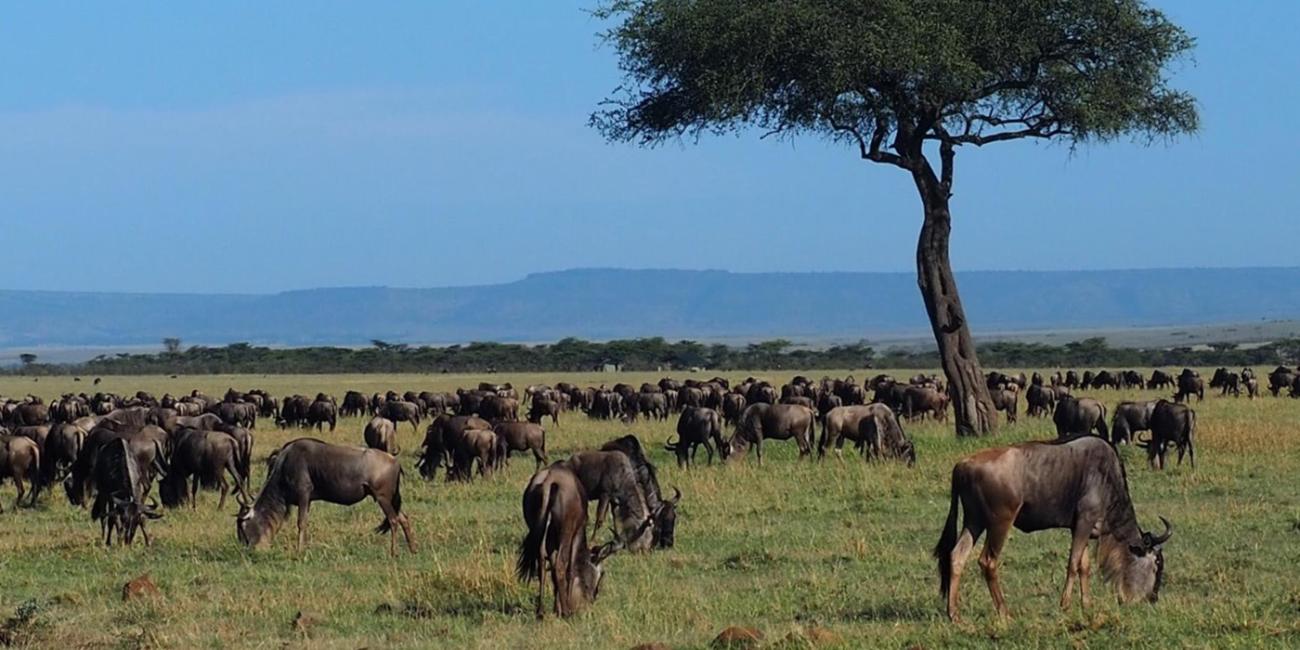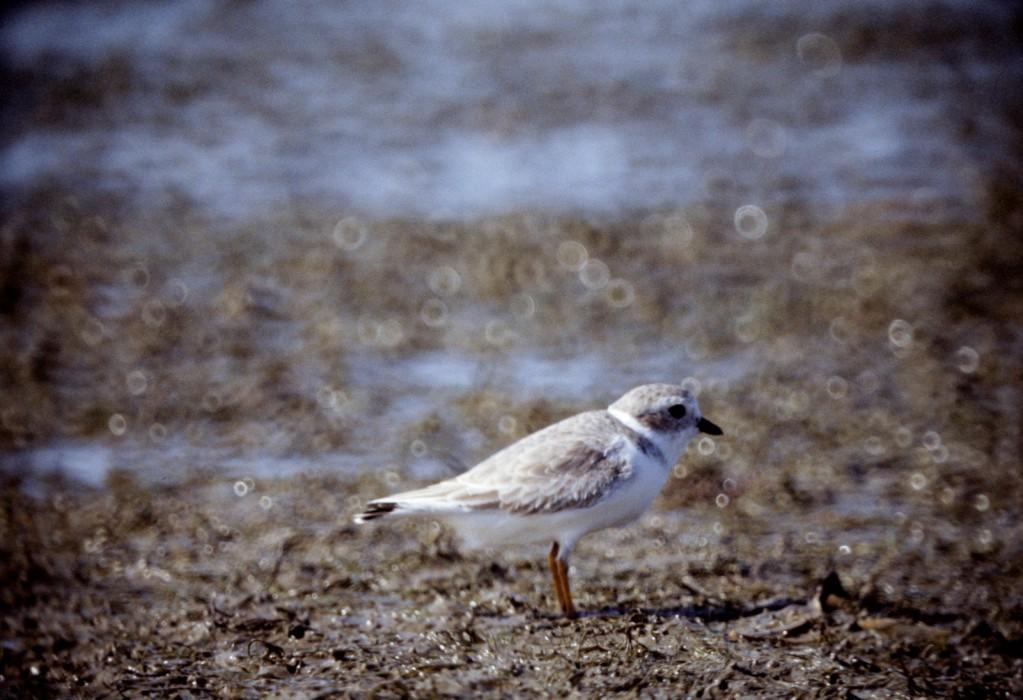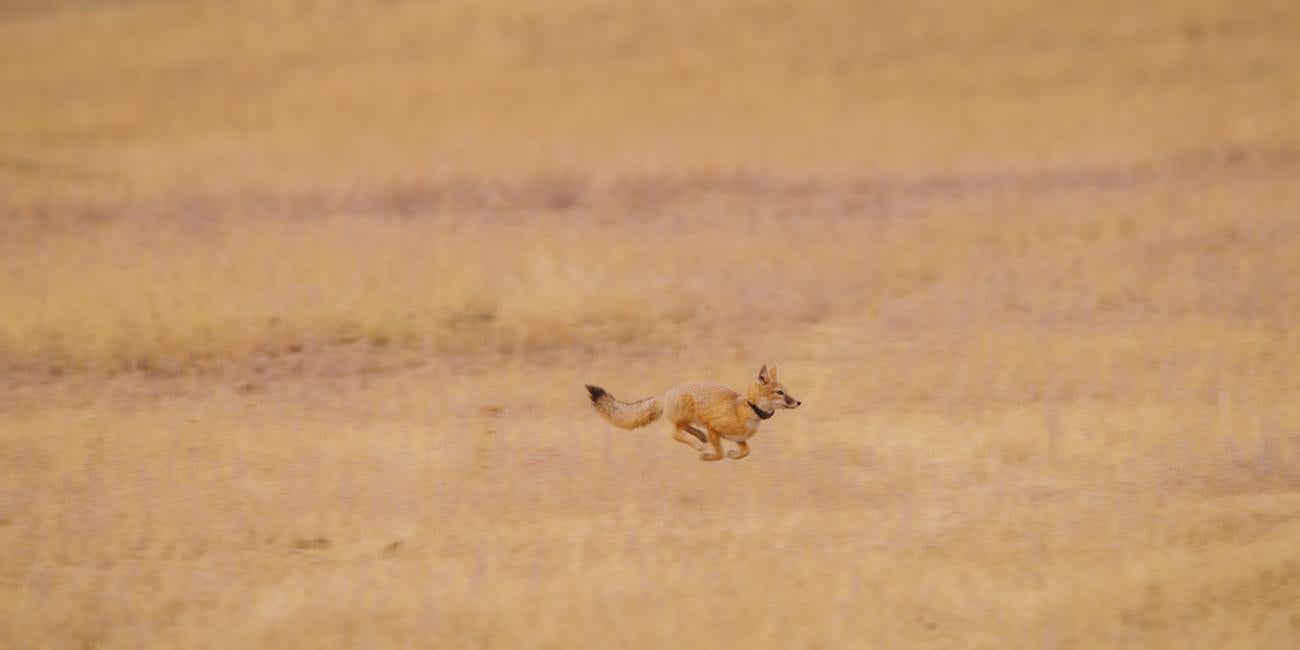Giant Panda Conservation
The Smithsonian Conservation Biology Institute’s Conservation Ecology Center (CEC) is instrumental in developing science-based conservation programs for giant pandas and their habitats. Led by Melissa Songer, Qiongyu Huang and Bill McShea, the program focuses on studies of giant pandas in the wild, including evaluating giant panda landscapes to delineate corridors for connecting reserves; the ecology of giant pandas and wildlife species that share their habitat; and modeling the impacts of climate change and restoring habitat.
CEC researchers train staff at giant panda reserves to use GIS mapping for reserve management and to conduct research on the mammal communities living in these reserves. Working with Peking and Tsinghua Universities, CEC scientists also mentor Chinese graduate students studying giant pandas and their habitat.
In 2022, the Smithsonian's National Zoo and Conservation Biology Institute celebrated its 50th anniversary of of unprecedented achievement in the care, conservation, breeding and study of giant pandas. Learn about the legacy of the panda program in this video:
